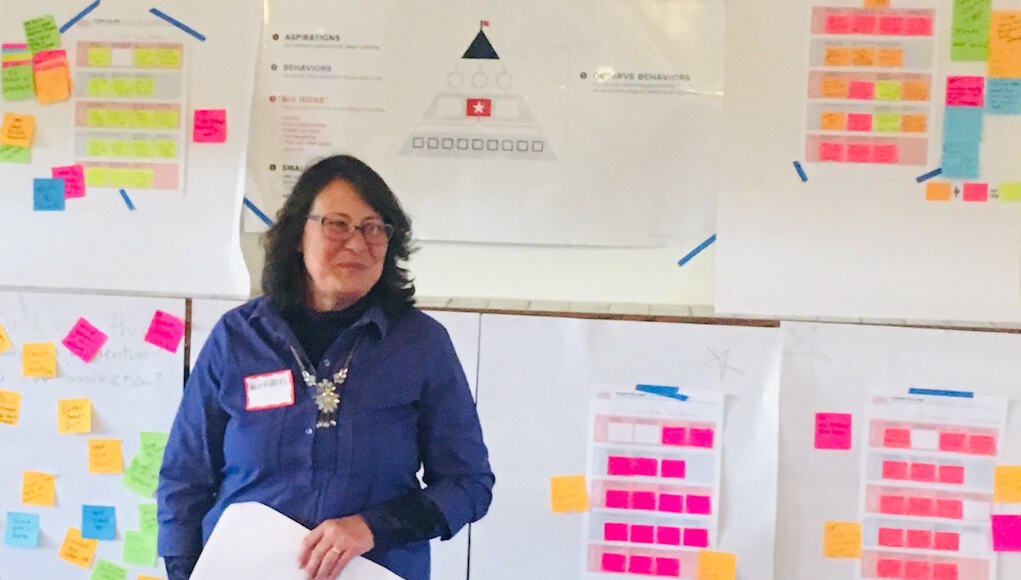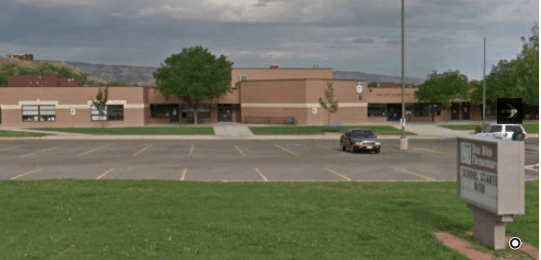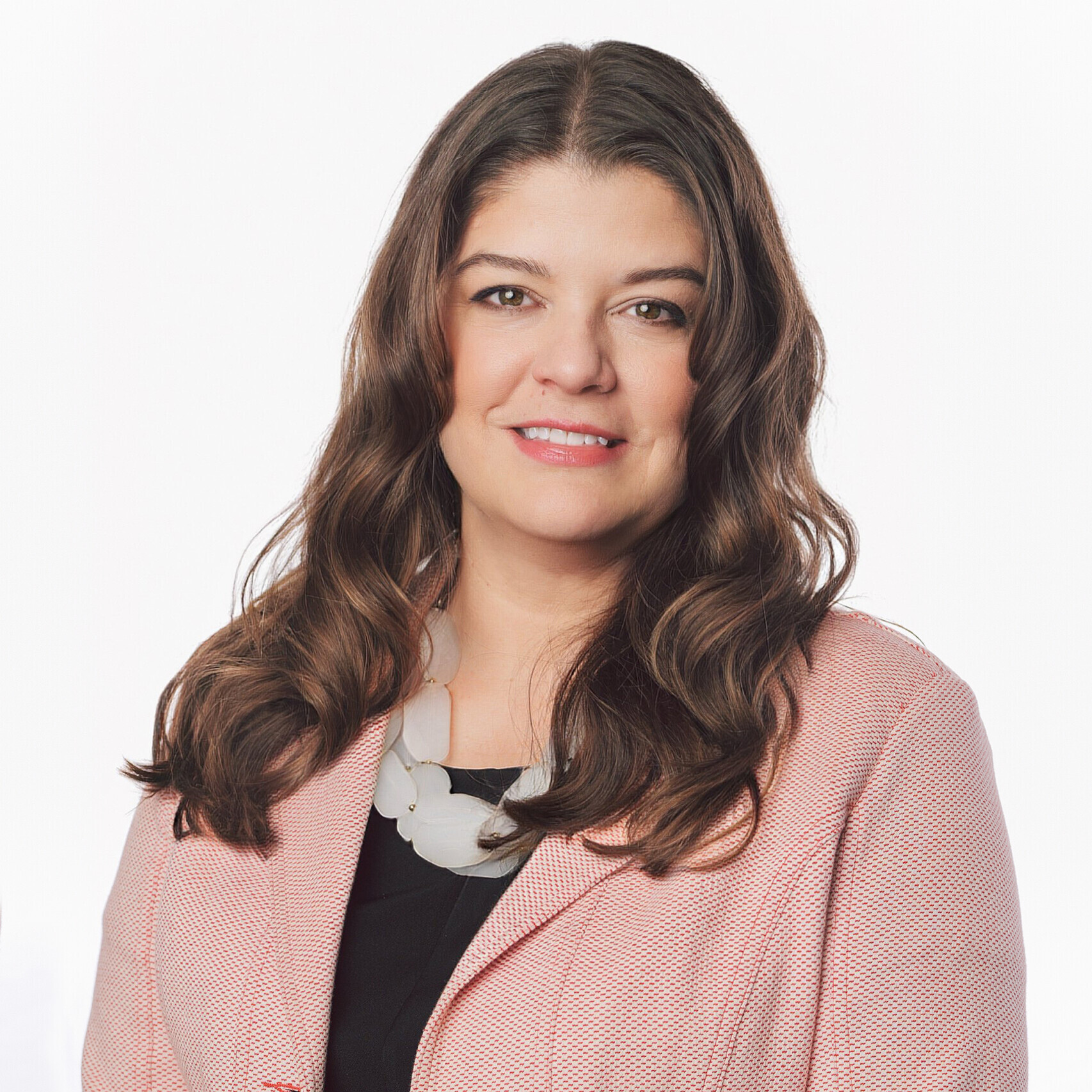Three Strategies for Providing Top-down Support for Bottom-up Change

By: Alex Carter & Rebecca Midles
Is it possible to provide equitable deeper learning for every student a school serves? The Colorado Education Initiative (CEI) partnered with Stanford University’s School Retool Fellowship to attempt to do just that – to empower Colorado school and district leaders to be the agents of change that all their students need.
“Dos Rios [Elementary School] doesn’t give up on you! They are able to figure out what you need and adjust and give you just what you need,” shared by a learner. He continues, “On the first day of school I wanted to be suspended, and [my teacher] made me stay and she did not give up on me. I tried everything to get kicked out, but she showed me that she believed in me and showed me I can do it.” At this point the young learner was beaming as he went on to add, “I am back to being in 5th grade full time now!”
Vernann Raney, principal at Dos Rios Elementary School in Grand Junction, Colorado, always wants more than just good test scores for her students. She believes that every student in her school should be able to monitor and direct their own learning and be more confident life-long learners. This aspiration, otherwise known as Self-Directed Learning, is one of the six Deeper Learning competencies described in Hewlett Foundation’s research on highly effective learning environments. Like many school leaders, however, Vernann understands that shifting the learning culture at her school is a major undertaking. She often wonders if it’s reasonable for a leader to be able to affect such a profound change in an organization as large and complex as a school.
Here’s where CEI and School Retool enter. In the fall of 2018, Vernann joined 20 of her school and central office colleagues from Mesa County Valley School District 51 (D51) to form a cohort for the School Retool fellowship. Stanford University’s K12 lab created the School Retool fellowship in partnership with the groundbreaking design firm IDEO.
The fellowship has three goals: 1) help each participating educational leader build a better understanding of and commitment to deeper learning; 2) support each leader to develop the belief that deeper learning is for all the students in their school, including those currently furthest from opportunity; and 3) empower and motivate leaders to create and test innovative change ideas – or ‘hacks’ – to drive their school toward more profound deeper learning and increase the leader’s self-efficacy and confidence in their ability to shift the learning culture at their school.
The School Retool fellowship is founded upon three core elements. First, leaders can experience deeper learning for themselves and build their own hacking and equity mindsets. Second, the leaders explore a new framework for leading change efforts. They start with identifying a powerful aspiration to guide their change effort and naming the observable behaviors they should be able to see and be able to create the test hacks designed to produce their desired behaviors. The final core element is to expose the leaders to evidenced-based ‘Big Ideas’ that have been proven to lead to deeper learning in high performing schools all around the country.
After building her equity and hackers’ mindsets and becoming familiar and skilled with the School Retool change framework, Vernann landed on the ‘Big Idea’ called ‘Learning Galleries,’ offering her inspiration for her first foray into hacking. Vernann wanted to provide her students with opportunities to show what they know and a forum to explain why their knowledge will be useful and important in their lives outside of school. Her first hack was to work with a third-grade teacher to implement an ‘Exit Ticket’ protocol. In Vernann’s words, “This hack was a flop!” The students’ exit tickets contained mostly “…canned responses that the students obviously were just providing because that is what they thought the teacher would want to hear. The process felt completely inauthentic and really provided us no new data.”
Instead of giving up, Vernann used her ‘fail forward’ mindset to keep working toward her aspiration. She came up with a second hack idea – to pull both the ritual and space levers by teaming up with a teacher to repurpose an unused display case for students to showcase and publicly present their work.
Vernann was blown away by the impact of this small hack. “The teacher took this idea and ran with it. Students took great ownership and pride in sharing their work samples with both other adults in the building and other students. They were able to describe how they learned the content and how it applies to their lives and seemed more excited about their learning than I had seen in a long time.” Soon other students and teachers were coming to Vernann to ask when their class work could be showcased. The cultural transformation at Dos Rios Elementary was underway!

CEI’s District Cohort Hack of the School Retool Fellowship
The D51 cohort is an example of how CEI is testing a hack of our own. In the past, School Retool has brought principals from many different districts together for the fellowship. CEI wondered what would happen if we focused the learning of an entire cohort in one district. The initial results have been very promising with district-specific cohorts including four Colorado systems.
We believe that there are (at least!) three benefits resulting from districts bringing a School Retool cohort to their school and district leadership team:
- Creation of a district-wide system to implement top-down support for bottom-up change, that is, to actively seek and nurture locally-created, grass-tops and grass-roots change ideas.
- Development of shared language to allow everyone in the district to speak the same change language and to become a mutual support society for positive, meaningful change ideas designed to increase deeper learning and reduce inequities.
- Strengthening of a cohesive, aligned leadership by including prospective leaders with veteran school leaders to build a focused and ready leadership bench for the district.
For more, see:
- Teaching Design Thinking to Hack School and Prep for Complexity
- Podcast: Rebecca Midles on Mobilizing Change to Meet Learners Where They Are
- Deeper Learning: What We Know So Far
Alex Carter has more than two decades of experience as a teacher, principal, and superintendent, and he is currently Vice President of Implementation at the Colorado Education Initiative.
Getting Smart offers full school redesign and system transformation services. We’d love to chat with you about how our team can support your work. Drop us a line at [email protected] to learn more.






0 Comments
Leave a Comment
Your email address will not be published. All fields are required.